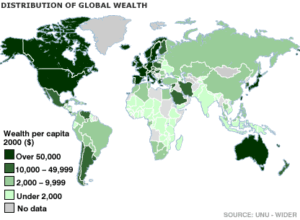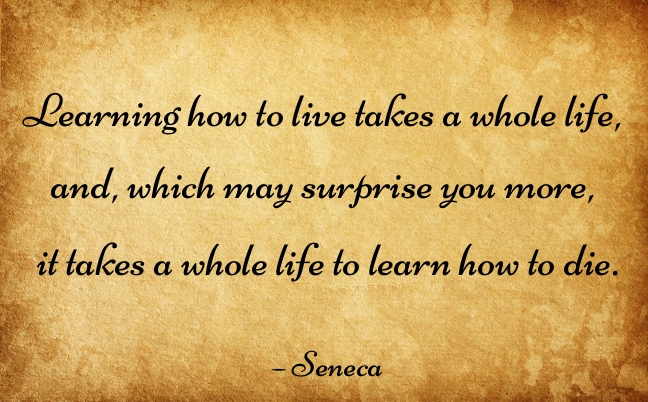In my last post, I talked about what it means to be part of the digital generation.
When I was growing up, I never had much technology, until at least my late teen years. I did all of the ‘childhood things’ – played outside, went to the park, learned to ride a bike. My toy box contained things like dolls, cards, marbles and lego bricks.
My little brother, over a decade younger than me, is growing up with handheld consoles, computer games and internet TV.
the digital revolution
In my opinion, one of the most exciting times to live is on the edge of a revolution – whether it be religious, scientific or any new and radical way of living or thinking. Right now, we’re on the border of the digital generation. I grew up without knowing the what the word ‘gadget’ even meant, and yet today I’m blogging on my laptop connected wirelessly anywhere I go, with my iPhone in my pocket and my Kindle in my bag.
We are the transitioning generation. We are the ones that are on the border, the frontier.
We lived behind the border, and now we’re living after it. We have a bit of both worlds – when I was little, I handwrote my journals, now I type them into the cloud. When I was a teen, I used to listen to CD’s on a stereo player, now I stream music wherever I go. When I was younger, I read paper novels, now I read digital ones.
My little brother never knew the days when handheld consoles only had two colors, or when cell phones were bigger than his head. And I’ll soon forget about those days too.
the minimalist revolution
Now, again, I’ve realized we are in the midst of another revolution – the one of minimalism. Our parents worked long hard hours at the office to get the nice houses we grew up in, or to fund those piano lessons or those expensive clothes we thought we needed to be popular when we were teenagers.
And now, things are changing with us. As much as we are grateful for everything our parents have given us, we realize that that’s exactly all that they have been doing – giving. My parents gave me so so much that I wonder, when did they have time for their own lives?
We are the generation that is changing. We’re not becoming selfish or self-centered, we just don’t want to see the good things that were done for us go to waste in creating another ‘just-ordinary’ life. I honestly don’t want to see my parents set up such a great life for me, so that I could get a good education and so on just for me to become another working zombie.
We’re taking life by the horns and living a life worth living. We’re taking it upon ourselves to help others, not waiting for somebody else to do it.
And soon there will be the next generation. Just like what happened with technology, perhaps in a few decades they won’t know any different. They won’t know that there were so many people that slaved away at jobs they hated, put ‘work’ before others, or that people gave up on their dreams so easily.
The internet and everything it can do seemed impossible just two decades ago. Let’s see what ‘impossible’ things minimalism can bring to the world two decades from now.
Minimalism is building momentum. This isn’t the end, it’s just the beginning.


